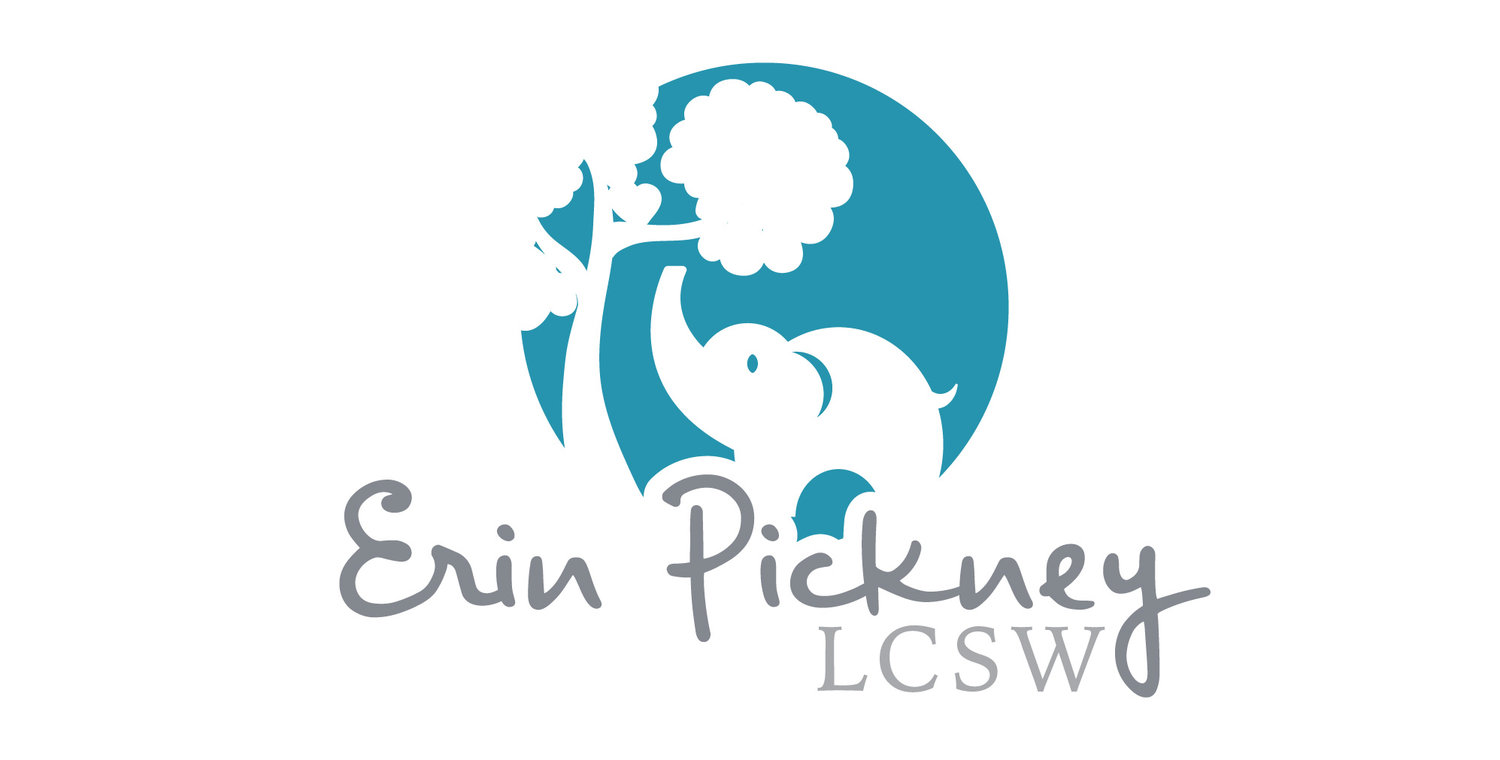Habits to Change Your Life: How Daily Routines Can Boost Your Mental Health and Create Stability
You were probably expecting this to be one of those blogs that tells you five things to do everyday to change your life. Well, it’s not. Or at least, it’s not exactly that.
The truth is, there are as many good habits to improve your life as there are people on the planet. While there is some generally accepted wisdom around basic tasks that help you wake up in the morning or go to sleep at night, there’s nothing that works 100% of the time. What does work for most people, though, is having some habits or routines that are part of your daily life.
Whether we like it or not, we are inherently creatures of habit. Our brains naturally connect things that occur close together or that we perceive to be linked (the psychology term for this is conditioning). Our brains also crave routine and schedules because they create feelings of safety. If we know what comes next and what happens when, we have a level of security that creates space to try new things or meet new people.
Why does this matter? The first thing I work on with new clients who are struggling with depression or anxiety (or both!) is developing a morning routine and a bedtime routine. What those specific routines look like varies greatly from person to person. There are, however, some basic things I recommend at each time of day.
In the morning, I generally recommend getting out of bed and having the first part of the routine be something enjoyable. This might mean savoring morning coffee, reading a good book, taking a shower, meditating, exercising… whatever works for you as something that would start your day off well. The key is to make it something you want to do, not something you’ll feel mandated to do. Then follow this with the things you need to do to get your day going. Over time, this morning routine becomes second nature and helps start your day on a positive note.
Before bed, I typically recommend having a solid set of things that cues your body that it is time to sleep. For many people this includes general self-care, such as flossing, brushing teeth, and washing your face. For some people, it also might include lowering the temperature in their home, reading, meditating, or journaling. It’s important that the things you choose help set the stage for a peaceful night’s sleep.
There are other places where routine can be really helpful. Do you misplace your keys often? Do you struggle to remember to bring your lunch to work? Having a specific place you put your keys whenever you come into the house that you always use can be really helpful. As for the lunch… well, I’m still working on a routine that will help me remember, so if you come up with something, please let me know!
Once you’ve developed your routines, the key is to stick with them. It can be easy to let things fall by the wayside when you’re feeling good or are in a hurry, really tired, or whatever other reason you give yourself. Those routines are probably a part of why you’re feeling well, so don’t give them up just because things get better! One core key to maintaining happiness is feeling safe and secure in your life. One of the easiest ways to create safety and security is with routines and schedules - and the best part is that you’re generally in charge of what those routines and schedules look like, so you can make sure they work for you.
